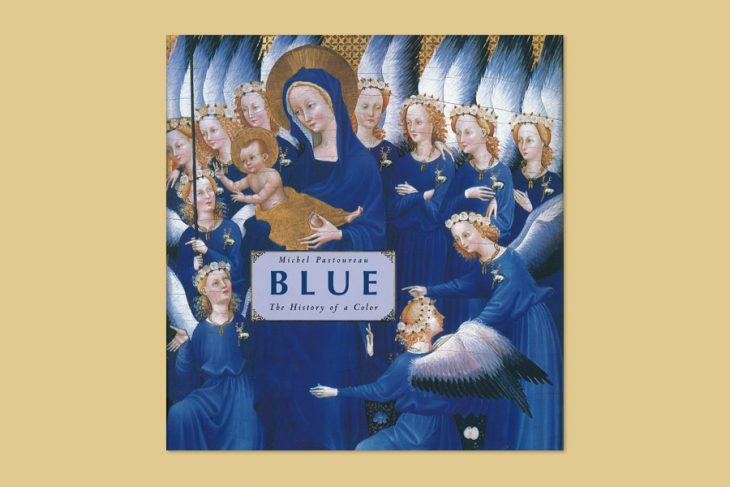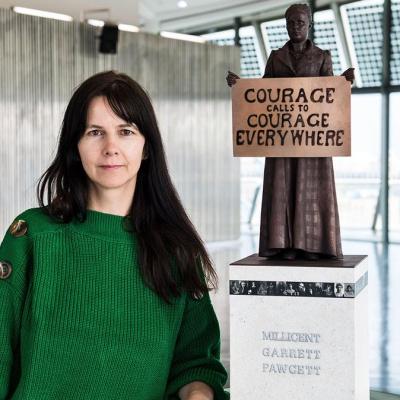This week’s competition prize is Blue: The History of a Color by Michel Pastoureau (Princeton University Press). Click here for your chance to win.
Blue has had a long and topsy-turvy history in the Western world. The ancient Greeks scorned it as ugly and barbaric, but most Americans and Europeans now cite it as their favorite colour. In this fascinating history, the renowned medievalist Michel Pastoureau traces the changing meanings of blue from its rare appearance in prehistoric art to its international ubiquity today.
Any history of colour is, above all, a social history. Pastoureau investigates how the ever-changing role of blue in society has been reflected in manuscripts, stained glass, heraldry, clothing, paintings, and popular culture. Beginning with the almost total absence of blue from ancient Western art and language, the story moves to medieval Europe. As people began to associate blue with the Virgin Mary, the colour became a powerful element in church decoration and symbolism. Blue gained new favor as a royal colour in the twelfth century and became a formidable political and military force during the French Revolution. As blue triumphed in the modern era, new shades were created and blue became the colour of romance and the blues. Finally, Pastoureau follows blue into contemporary times, when military clothing gave way to the everyday uniform of blue jeans and blue became the universal and unifying colour of the Earth as seen from space.
Answer the following question, by midday on 9 March, to win a copy of Blue: The History of a Color by Michel Pastoureau
Q: Which 20th-century artist created and patented an ultramarine pigment he named after himself?
For our last competition prize we offered Zurbarán – Jacob and His Twelve Sons: Paintings from Auckland Castle. The question was:
Q: With which Spanish city is Zurbarán most closely associated?
Answer: Seville



